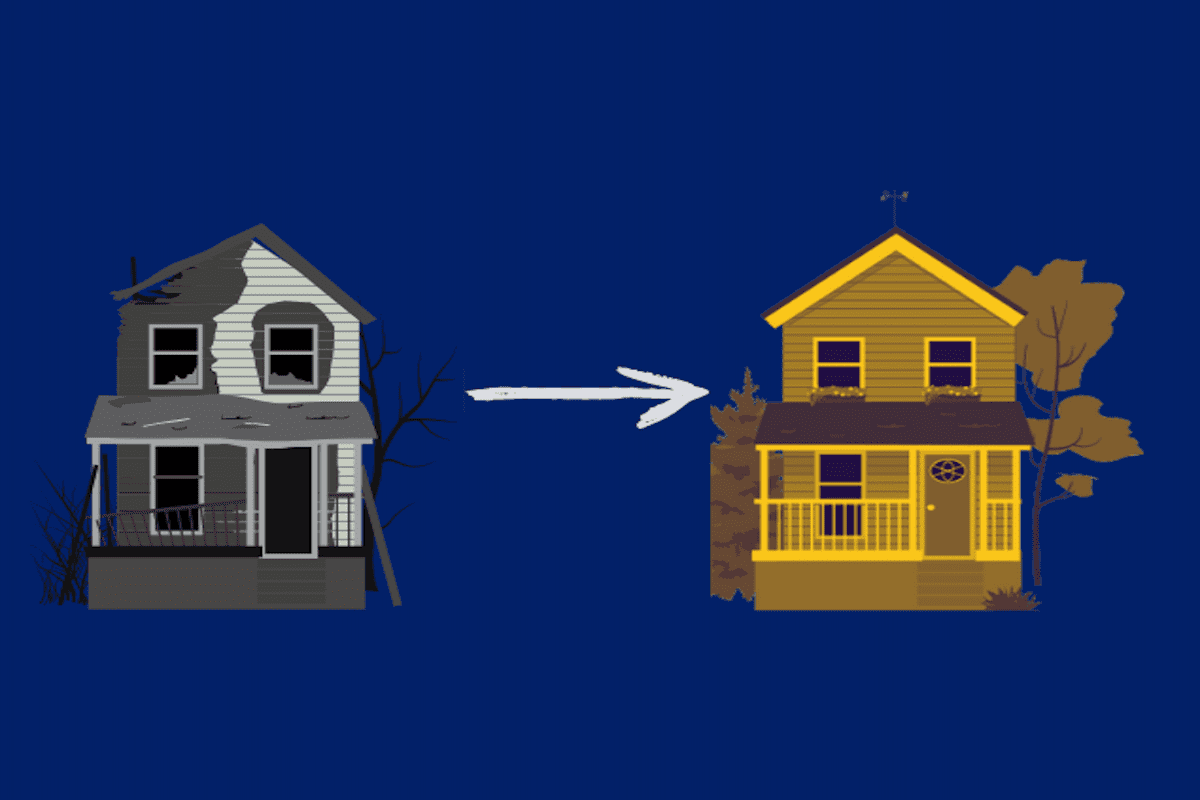Flipping properties has gained significant popularity in the real estate market as a lucrative investment strategy. It involves purchasing a property, renovating it, and selling it quickly for a profit. However, before diving into the world of property flipping, there are essential factors to consider. This blog post aims to provide you with a comprehensive guide on what you need to know before flipping a property, enabling you to make informed decisions and increase your chances of success.
Research the Local Real Estate Market: Before starting any property flipping venture, it’s crucial to thoroughly research the local real estate market. Understanding market trends, property values, and the demand for specific types of properties in your target area is essential. Analyze recent sales data, comparable property prices, and market forecasts to identify potential opportunities and assess potential risks.
Develop a Realistic Budget: Creating a detailed budget is a fundamental aspect of successful property flipping. Consider all potential costs, including the purchase price, closing costs, renovation expenses, holding costs (such as property taxes, insurance, and utilities), and selling expenses (such as commissions and staging costs). Be realistic with your estimates to avoid underestimating expenses and eroding potential profits.
Find the Right Property: Identifying the right property is crucial for a successful flip. Look for distressed properties, foreclosures, or homes in need of renovation. Factors such as location, neighborhood desirability, potential appreciation, and target buyer demographics should be considered. Engage with local real estate agents, attend auctions, or explore online platforms to find suitable properties that align with your budget and investment goals.
Conduct Thorough Due Diligence: Performing a comprehensive due diligence process before purchasing a property is vital. Engage professional home inspectors to identify any hidden issues such as structural problems, plumbing or electrical issues, or pest infestations. Assess the property’s legal status, including liens or outstanding permits, and determine if there are any zoning restrictions or potential complications. This diligence helps you avoid unexpected costs and ensures you make an informed investment decision.
Calculate Potential Profits: Carefully analyze the potential profits before committing to a property flip. Estimate the after-repair value (ARV) by considering recent comparable sales in the area. Deduct all costs, including the purchase price, renovation expenses, and holding costs, to determine your potential profit margin. Aim for a sufficient margin to account for unexpected expenses or market fluctuations, ensuring a reasonable return on investment.
Assemble a Reliable Team: Property flipping requires a team of professionals to support your venture. Build relationships with trustworthy contractors, architects, real estate agents, and legal advisors who can assist you throughout the process. Effective communication, transparency, and expertise are essential qualities to look for when selecting your team members. A reliable and skilled team will help streamline the renovation process and ensure a successful flip.
Develop an Effective Renovation Plan: Create a well-thought-out renovation plan to enhance the property’s value while maximizing cost-efficiency. Identify the key areas that require improvement and prioritize necessary repairs or upgrades. Keep in mind the preferences of your target buyers and market demands to make informed decisions regarding design, materials, and finishes. Striking a balance between quality and cost-effectiveness is crucial for maximizing your returns.
Understand Legal and Tax Implications: Familiarize yourself with the legal and tax implications associated with property flipping. Consult with a real estate attorney or tax professional to understand local regulations, permits, and potential tax liabilities. Compliance with legal requirements ensures a smooth and hassle-free process and helps you avoid penalties or legal issues.
 Conclusion: Flipping properties can be a profitable investment strategy, but it requires careful planning, research, and execution.
Conclusion: Flipping properties can be a profitable investment strategy, but it requires careful planning, research, and execution.



